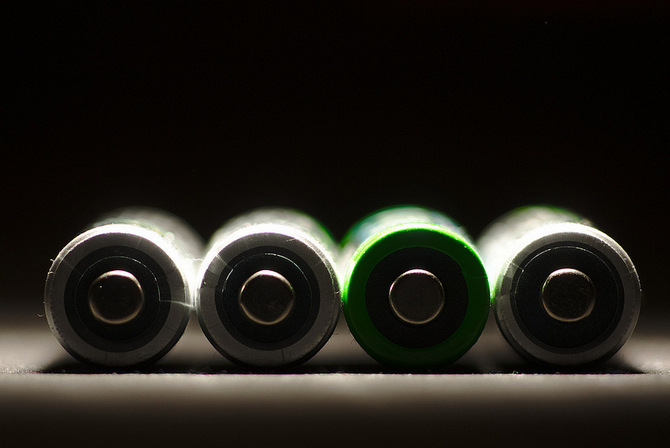
Lithium-ion batteries may be quite energy dense, but they are not particularly known to be long lasting. They still suffer from the same charge cycle limitations as any other battery. Thankfully though, a German research project is now on the way to develop better lithium ion batteries, one that could last several times longer than any other lithium ion battery that we have today.
An announcement in the form of a press release was made recently by Germany’s Centre for Solar Energy and Hydrogen Research Baden-Württemberg (ZSW) that details the development of a new and improved type of lithium ion battery. The improvement was specifically aimed at making the batteries last longer operationally, allowing their lithium-ion cell to maintain 85% of its charging capacity even when subjected to more than 10,000 charge cycles. The calculations from these results predict that when such technology is used on an EV, the battery would last for 27.4 years, a time frame that would outlive most of the EV’s other components, if not the entire EV itself.
In addition to the added “longevity”, the brief report also stated that much of the parameters of the test lithium ion batteries were on par, or are even higher, when compared to industrial level commercial batteries. Its power density for example, is rated at 1,100 watts per kilogram, which is according to the report, several times the power density of current batteries.
One of the most commonly known disadvantages of lithium-ion batteries is that it is comparatively more costly than any other type of battery, which lessens its overall value when used at considerably large scales (such as on an electric car). Added with the fact that lithium ion batteries usually only last for about a decade (can even be as short as 3 years), and you have a serious economic sustainability issue. With this new research however, it is highly probable that such added costs can be significantly mitigated, as the extended long life of their improved lithium ion batteries would eventually break even the high initial cost.
At the moment, there is no word about its eventual commercial availability, which brings the likelihood that the batteries are still largely within its test phase. Indeed, the original press release did indicate the need to “master” the technology first, before moving onto the development of a large scale prototype. So, that “no battery replacement needed” dream EV using their batteries may still have to wait.




Leave a Comment